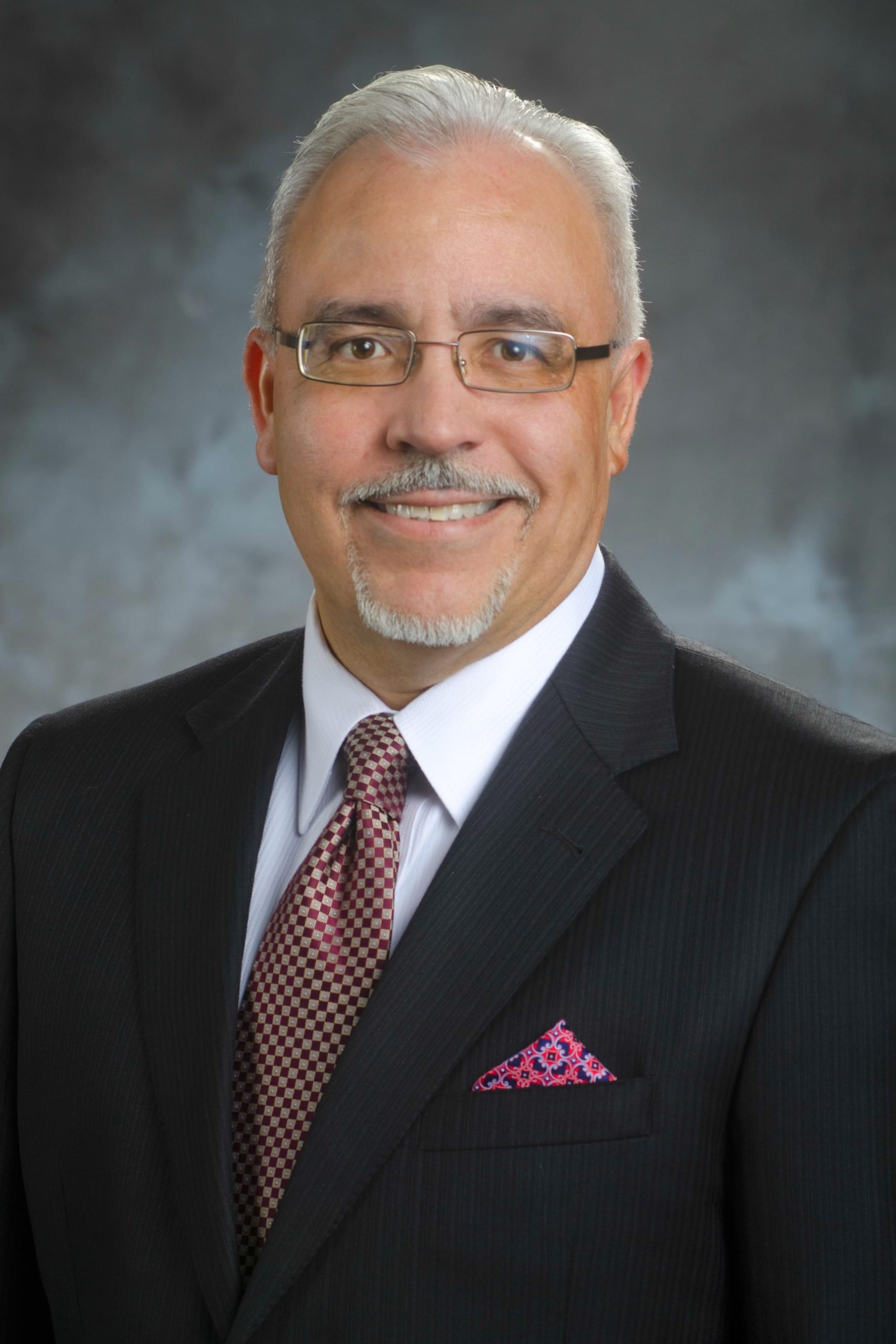 (Houston, Texas) April 14, 2011 – Earlier this year the First Court of Appeals in Houston handed down a historic opinion guaranteeing undocumented workers a fair day in court. Through its ruling, the court set the standard for Texas courts in refusing to allow the immigration status of a plaintiff to prejudice a jury, while simultaneously affirming the relief granted through the original verdict to the family of a man killed on the job.
(Houston, Texas) April 14, 2011 – Earlier this year the First Court of Appeals in Houston handed down a historic opinion guaranteeing undocumented workers a fair day in court. Through its ruling, the court set the standard for Texas courts in refusing to allow the immigration status of a plaintiff to prejudice a jury, while simultaneously affirming the relief granted through the original verdict to the family of a man killed on the job.
The case, Republic Waste Services, Ltd., et al. v. Martinez, et al., was brought by Benny Agosto, Jr., a partner at the Houston law firm of Abraham, Watkins, Nichols, Agosto, Aziz & Stogner, on behalf of the worker’s widow, father and infant child. The victim was an employee of Republic Waste Services, and was killed when the garbage truck backed over him while retrieving a garbage can. Because Republic did not provide workers’ compensation benefits to employees, attorney Agosto and the firm filed suit based on the negligence of Republic and the truck’s driver.
At the time of the accident, Republic had a history of employing undocumented workers; its Houston facility was the target of a raid by Immigration and Customs Enforcement (ICE) agents shortly after the victim’s death. At trial, Republic attempted to show that had the victim not been killed, he – as an undocumented worker – would have been discovered and deported during the ICE raid.
Republic asserted that because the victim would have no longer been employed in Texas, the calculation of lost future income should have been based on his income stream in El Salvador, not what he had been earning in the United States. Pursuant to plaintiff’s pre-trial motions, the trial judge ruled such evidence inadmissible, and the jury later returned with a verdict for the family of the victim.
In its groundbreaking opinion, a first for Texas, the Court of Appeals explained that Republic’s assertions of the victim’s undocumented status required too much speculation and brought with it a highly prejudicial effect on the members of the jury.
This historic ruling creates a new standard in Texas law, ensuring that undocumented workers now have the same chance to receive compensation for their injuries as anyone else in Texas. It is especially encouraging that it comes on the heels of another landmark decision, TXI Transportation Co. v. Hughes, in which the Supreme Court of Texas ruled that admitting evidence of a defendant’s undocumented status for impeachment purposes was so highly prejudicial that it warranted a reversal and retrial.
Attorney Benny Agosto is Board Certified in Personal Injury Trial Law. He is the current President-Elect of the Hispanic National Bar Association and a past President of the Mexican American Bar Association of Texas. Mr. Agosto founded the MABATx Scholarship Foundation, and most recently co-founded the HNBA Legal Education Fund, both of which benefit Hispanic Law students. He serves as co-editor in chief of the HNBA Journal of Law and Policy and was previously the chair of the board of editors for the Texas Bar Journal. Mr. Agosto is a frequent speaker and lecturer on issues relating to civil litigation, and has appeared across the country to deliver presentations ranging from advocacy tips to the evidentiary relevance of the illegal status of injured workers. He received the State Bar of Texas 2006 President’s Certificate of Merit and is a two-time recipient of the HBA President’s Award.
Founded in 1951, Abraham, Watkins, Nichols, Agosto, Aziz & Stogner has built a reputation as one of the oldest and most well-respected firms in Houston, Texas. Through the years, the firm has helped thousands of catastrophically injured clients in cases involving motor vehicle and trucking accidents, workplace injuries, defective products, medical malpractice, aviation crashes and other personal injury accidents.
To contact Houston attorney Benny Agosto or any of the personal injury attorneys at Abraham, Watkins, Nichols, Agosto, Aziz & Stogner, visit the firm’s website at www.abrahamwatkins.com or call (713) 222-7211.
